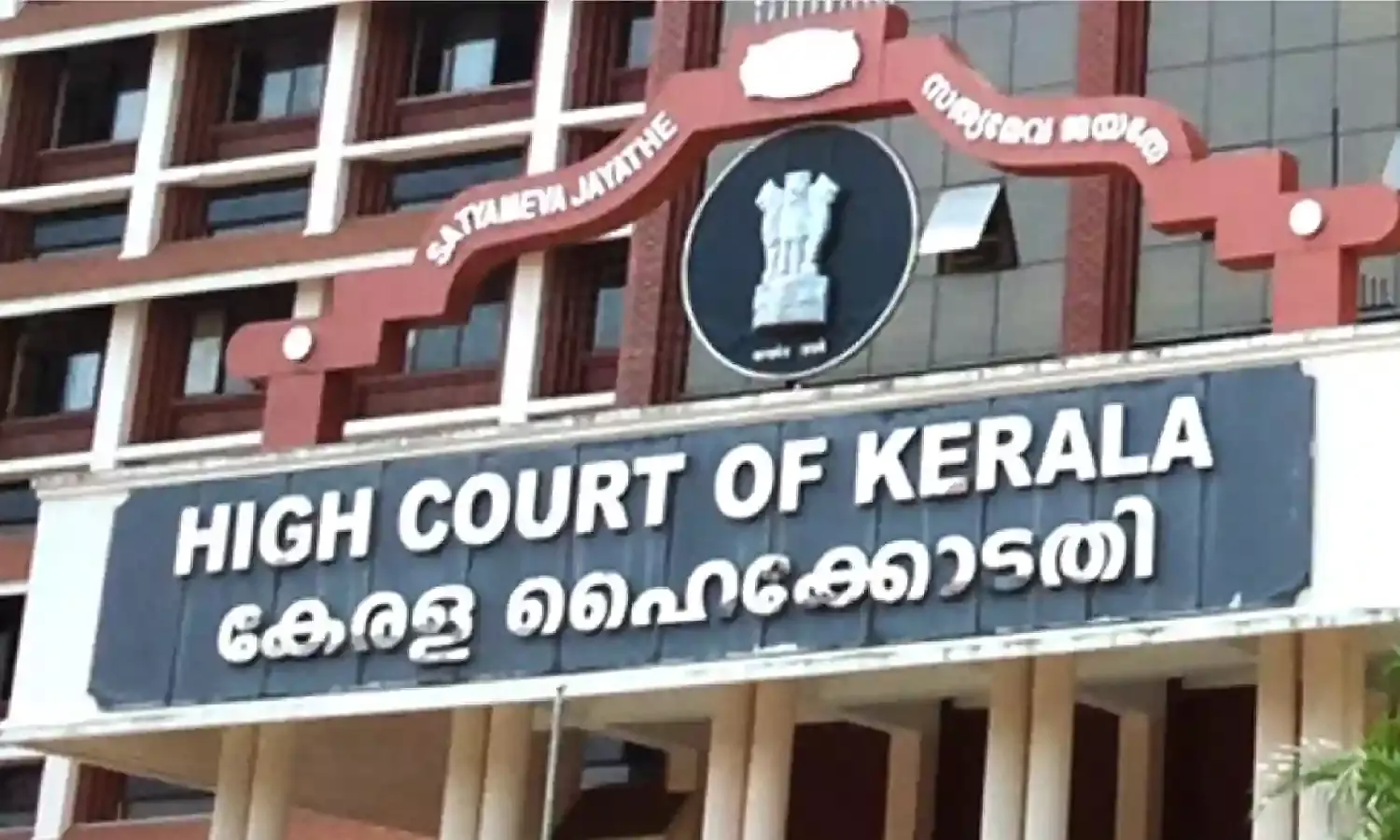There Is No "Criminal Kidney" Or "Criminal Liver" In Human Body: Kerala HC On Organ Donar With Criminal Antecedents
The High Court of Kerala has ruled that criminal antecedents of an organ donor should not come in the way of approving donation, and that the statutory Committee is only meant to ensure that the organ donation is not a commercial transaction.
The High Court of Kerala has ruled that the criminal antecedents of a donor willing to donate his organ to a third person should not come in the way of giving permission for the same. The Court held that the permission to be granted by a statutory Committee is meant for ensuring that the organ donation is not being done for any commercial purpose.
The Court observed that, "There is no organ in the human body like a criminal kidney or criminal liver or criminal heart! There is no difference between the organ of a person without a criminal antecedent and the organ of a person who has no criminal antecedents. Human blood is passing through all of us."
A Bench of Justice P. V. Kunhikrishnan was hearing a petition filed jointly by Radhakrishnan Pillai, whose kidneys spoiled and needed a donor, and his driver Sanjeev R, who was ready to donate his kidney to the former, his employer. However, the District Level Authorization Committee For Transplantation of Human Organs at Earnakulm had refused permission on the ground of 'criminal antecedents' of the donor.
Transplantation of Human Organs and Tissues Act, 1994 and The Transplantation of Human Organs and Tissues Rules, 2014 contemplate prior permission by the Authority. The petitioner's lawyer had submitted that the stand that "a person who is involved in multiple criminal offences cannot be a donor is unsustainable in the light of the fact that, there is no prohibition for the same as per the Act and Rule."
The Government Pleader conceded that there is no such prohibition in the Act or the Rule. However, it was contended that the petitioner has an alternative remedy to approach the appellate authority under section 17 of the Act.
The court criticized the approach of the Committee by noting that it should not go beyond its jurisdiction, which is to verify the aspects of 'commercial dealings'.
"If these types of reasons are taken for rejecting the applications by the Authorisation committee, a murderer or a thief or a person who is involved in some minor criminal offences cannot donate their organs voluntarily. In other words, if the reasoning of the authority is accepted, the only conclusion that is possible about such reasoning of the Authorisation Committee is that the committee believes that the criminal behaviour of the donor will percolate to the person who accepts the organs! What sort of reasoning is this?," the Court reacted in the Judgment.
Therefore, the court pointed out, "A great care is necessary while considering an application by an Authorisation Committee constituted as per the Act 1994. Of course, it is a divine duty also. The main duty of the Committee is to see that there are no commercial dealings in human organs. The intention of the legislature while enacting the Act is only to prevent commercial dealing in human organs. If there is no evidence for the same, the Authorisation Committee should take a human approach. If there is no evidence to show that there is no commercial dealing, pragmatism should overtake technicalities, because a man is on death bed."
The order cited a portion of Thottam Pattu, a traditional art form of Kerala, raising questions on social evils, including the caste system.
The court noted, "It will be worthy to quote a small portion of the "Thottam pattu" of "pottan theyyam". It is in colloquial language and it is a conversation of a person in the lower caste to a person in the upper caste. The situation is that, a person in the lower caste telling the above version to a person in the upper class. He says that, if I cut my body, human blood will come and if the body of you the upper caste person is cut, the same human blood will come."
It further noted, "Then the lower caste person begging the upper caste person that, since human blood passing through the body of us is similar, why there is caste discrimination? These are the words written centuries back. Where are we now? I leave it there. Let the people know about the myths and stories of "pottan Theyyam" of North Malabar. According to me, this "theyyam" should be played at least all over Kerala."
The court observed that, "Similarly, let the Act 1994 become a path breaker for communal harmony and the idea of secularism. Let the Hindus, Christians, Muslims, Sikhs and even persons with criminal backgrounds donate their organs to needy people irrespective of their caste or creed or religion, or criminal background. That will be a day, that was dreamed by the founding fathers of our constitution."
The Court then set aside the order passed by the Committee and asked it to reconsider the matter within a week, neglecting its earlier findings. The Court has also directed that the Judgment be forwarded to the Chief Secretary of the State, while directing the Committee to henceforth convene the meeting as required under the statute within one week of receipt of the application and take the decision within 24 hours of the meeting.




